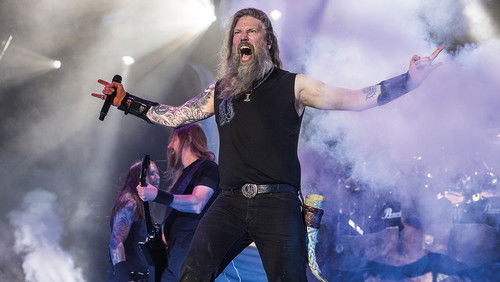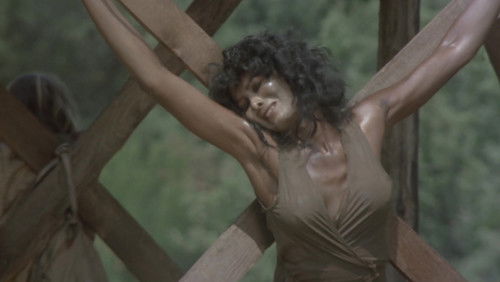Black Code (2016)
23KBlack Code: Directed by Nicholas de Pencier. With Ron Deibert, Felipe Altenfeldor, Wjd Dhnie, Golog Jigme. A look at the global impact the internet has on free speech, privacy and activism.
“Saw this at the Movies That Matter film festival 2017 in The Hague. The primary topic of this movie is that surveillance can be used for good and bad purposes. An important example shown in this movie was indeed thought provoking. Images shot by the crowd were collected and used against the police, who at first indicted Bruno for having thrown a Molotov cocktail to a policeman. In retrospect, the actual offender proved to be an undercover policeman, who was tasked to demonstrate that the riots were serious and that the police should catch the perpetrator no matter what. We see this often, being a common tactic to provoke a forceful reaction from military or police, and to justify any means to achieve that goal. This time, luckily, the officials were forced to backpedal. Only one day later, when confronted with undeniable evidence, the police changed their position and released Bruno from prison, and the news media followed suit. We know the term crowd sourcing for raising money, and the above example showed that we can invent the term sub-veillance for this purpose, as the peopleu0026#39;s variant of sur-veillance, indeed a thought-provoking concept.u003cbr/u003eu003cbr/u003e Strictly speaking, there is nothing very novel or revolutionary about it, given TV-programs like Americau0026#39;s Most Wanted, Crimewatch UK, or the likes we see in many other countries. Common theme is that the vieweru0026#39;s assistance is solicited for an ongoing police investigation. Yet, the topic of this movie is something else. Said programs usually are on the lookout for tips after official investigations went dead. But sub-vaillance has other goals than helping the authorities, it differs 180 degrees from aforementioned TV-programs. It looks for yet unknown pictures and images with a heavy impact on public opinion when shown, though typically not in favor of the police or authorities in general.u003cbr/u003eu003cbr/u003e The second main topic of this movie is that surveillance is commonly used by two very different parties. Firstly, we see it in the form used by commercial companies, who process personal data for their own corporate goals, like showing tailored adverts, or showing products you may be interested to buy, or collecting statistics about visitors. Secondly, we see it actively used by government and law enforcement to control people, to prevent crime and related matters, goals everyone deems important, no matter the side effects. Both use cases can work in our advantage or against it, but mostly a confusing mixture.u003cbr/u003eu003cbr/u003e The final Qu0026amp;A after the screening brought a very relevant question forward from the audience, whether the companies selling hacking tools are to be considered criminal organizations and thus deserve to be prosecuted. There was a recent discussion about this in Dutch parliament, with an outcome that was not exactly the one we were hoping for. On one hand, official policy is to get zero-day vulnerabilities fixed because eliminating these problems makes the internet safer overall. On the other hand, the police can add these to their toolbox and are thus not prepared to stop using these, nor are they willing to be open about their use. The latter was demonstrated in recent court cases about the covert usage by law enforcement of so-called IMSI catchers, aka Stingray. These devices masquerade as cell towers and trick mobile phones into making a connection, thereby facilitating the interception of private phone data. There is much secrecy about it being used, and the outcome is still unsure. In said court cases, the police were not mentioning the tools used to obtain evidence in fear of being declared invalid material for the prosecution, and thus dismissed from the court case, maybe even leading to a mistrial or a lesser sentence.u003cbr/u003eu003cbr/u003e All in all, this movie presents interesting material and thus discusses interesting issues, that should interest everyone. It is important for daily users of the seducing information and social interaction tools on their computers and smartphones. And that u0026quot;everyoneu0026quot; also includes politicians, who expect (too) much of the technical tools offered to law enforcement and governmental institutions. These politicians and are only prepared to consider the negative side effects when a scandal appears in the news media.”









